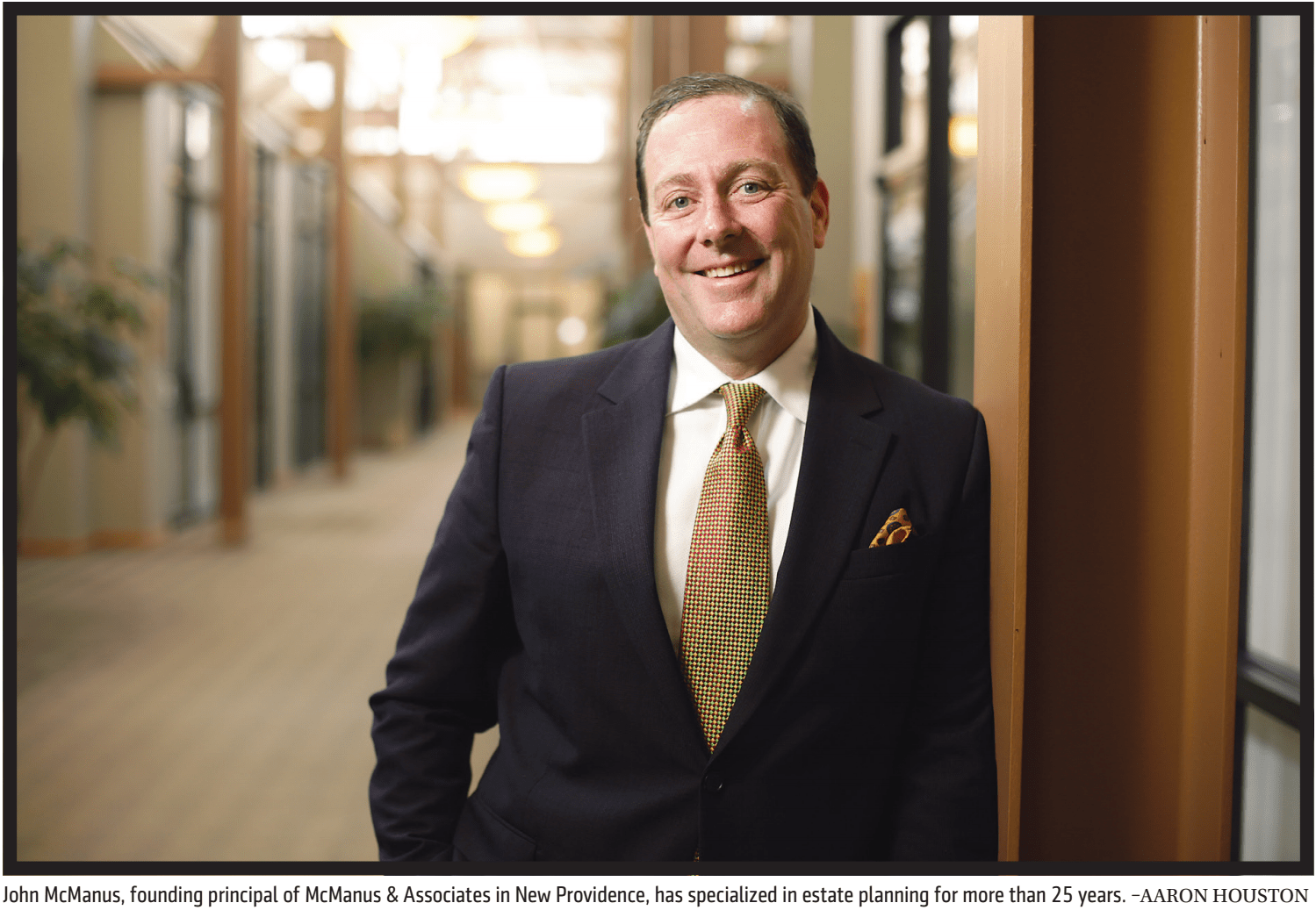McManus & Associates Founding Principal John O. McManus was recently tapped for insight on digital estate planning by MarketWatch (WSJ), which has over 16 million unique visitors per month. Andrea Coombes’ column, “How to include your digital assets in your estate plan,” explores the importance of accounting for one’s online presence – from email and “bank accounts to Facebook, PayPal and more” – when planning for the transfer and administration of assets.
From the article:
If you fail to account for those digital assets in your estate plan, you risk burying your family or friends in red tape as they try to get access to and deal with your online accounts that may have sentimental, practical or monetary value.
John’s comments make up #5 and #6 on the article’s list of tips:







 ⟩
⟩ ⟩
⟩ ⟩
⟩ ⟩
⟩ ⟩
⟩ ⟩
⟩